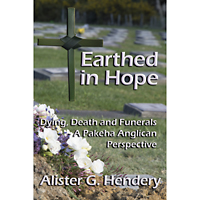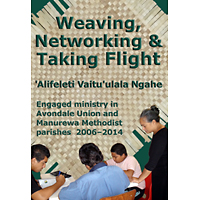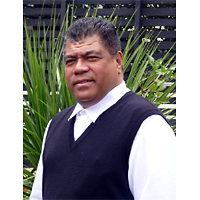“Ministers learn not to be surprised or shocked by anything heard as well as learning to make careful assessments about what is said and what is left unsaid. During the conversation with the family the minister may be told some ‘dark part’ of the dead person’s life, or experiences that resulted in hurt for others. Occasionally, the minister will deduce the dead person was thoroughly unpleasant or was in some way difficult or cantankerous. It may be appropriate to allude to this without describing matters in detail. There is no virtue in ‘washing dirty linen in public’, but nor is it helpful to pretend the person was someone they were not. Rather than idealising their life it is possible to express what people will miss and not miss. Occasionally, it has been sufficient for me to say, ‘In all our lives there are memories and aspects of our experience with another that need to be laid to rest – things that need to be forgiven.’ As I make that comment mourners give a nod of recognition as they recognise the meaning of what I have said. Sometimes the following may be used, either as a prayer or adapted as part of the minister’s comments:
God of mercy,
as we mourn the death of N and thank you for her / his life,
we also remember times when it was hard for us to understand,
to forgive, and to be forgiven.
Heal our memories of hurt and failure,
and bring us to forgiveness and life. (ANZPB, 862)
“We should not underestimate the importance of acknowledging and dealing with difficulties of this kind. We are loved and accepted by God for who we are, not for what we would like to be, or for what others wanted us to be. In contrast to a life-centred funeral that focuses on a person’s achievements and virtues as the source of celebration, a Christian funeral celebrates first and foremost that this person is a beloved child of God who is loved unconditionally.”
From Chapter 9 — The Funeral Service, of Earthed in Hope: Dying, Death and Funerals – A Pakeha Anglican Perspective. By Alister G. Hendery.



